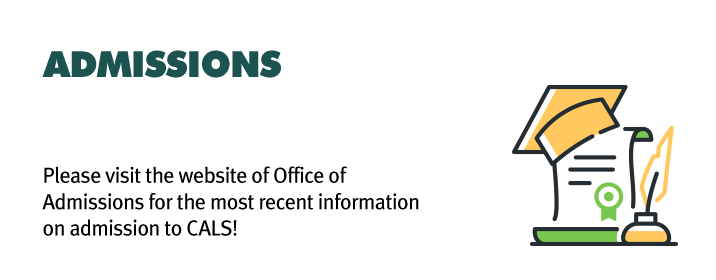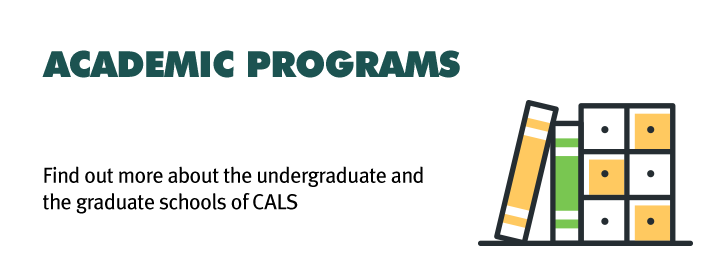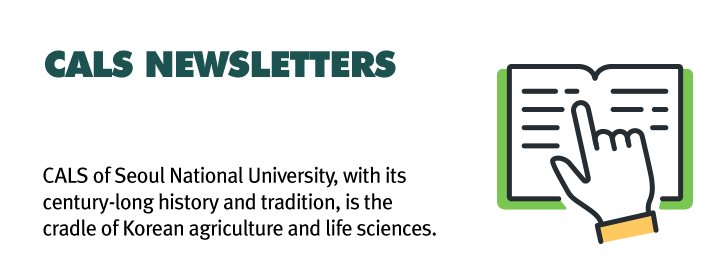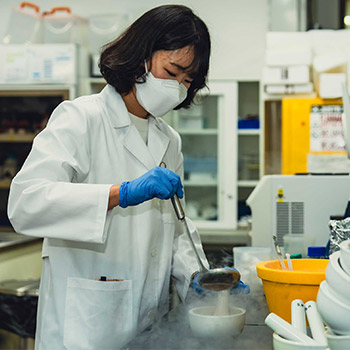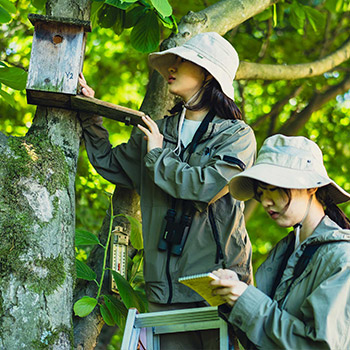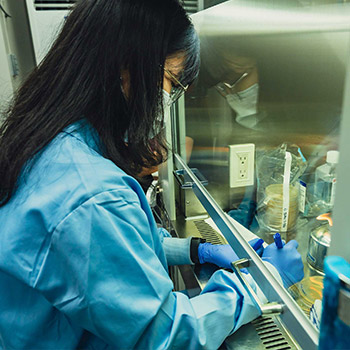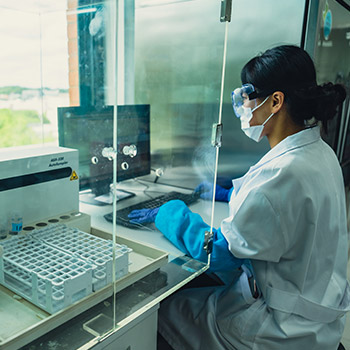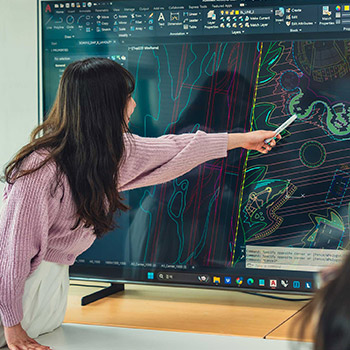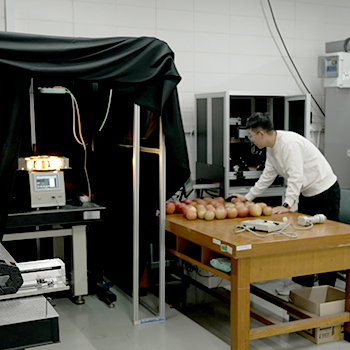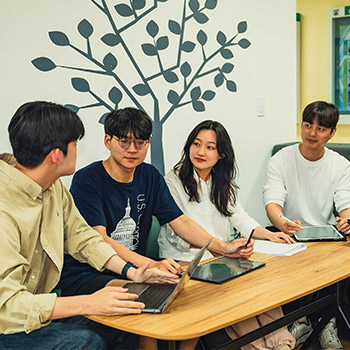CALS FOR CALS
For the past 120 years, our College has played a pivotal role in cultivating the nation’s driving force—from overcoming food shortages in earlier times to advancing sustainable agri-bio industries and improving the quality of life for our people. Through the campus relocation in 2003, the establishment of the Pyeongchang Campus in 2014, and the upcoming completion of Building 75 and the state-of-the-art research greenhouse in 2025, CALS has built a modern and comprehensive infrastructure for education and research.
Currently, CALS consists of seven undergraduate divisions, seventeen majors, and one department, encompassing a broad spectrum of academic fields—from plant and animal biotechnology, biosystems engineering, environmental ecology, and food science to agricultural economics, rural development, and human resource studies. In 2025, we will further evolve our academic system with the establishment of the Department of Smart Systems Science, which will lead the convergence of future agriculture and digital technology.
Today, we face global challenges such as climate change, food security, biodiversity conservation, and the development of sustainable agricultural systems. Climate change underscores the importance of forestry and expands opportunities for CALS research in areas such as carbon-neutral agro-livestock technologies, crop protection innovation, and the introduction of new crop species. Agriculture and life sciences are now entering an era of AI Transformation, where artificial intelligence builds upon the digital transformation driven by big data. Moreover, cutting-edge biotechnologies—including gene editing and eco-friendly biomaterials—are opening new frontiers for productivity and value creation. By harnessing these advancements, CALS must once again take a bold leap forward to become a global leader in future agri-bio innovation.
With this vision in mind, I have proposed the initiative “CALS for CALS.” It embodies our commitment to:
- Strengthen capabilities to boldly transcend limitations,
- Operate with agility and flexibility in a rapidly changing world,
- Listen attentively to the voices of our members to grow together, and
- Advance education and research strategically to open the future.
Our goal is not isolated progress, but collaborative growth—to thrive together through partnerships and synergy with other colleges and diverse sectors.
I sincerely ask for your continued interest and support for the new challenges and aspirations of the Seoul National University College of Agriculture and Life Sciences.
Byoung-Cheorl Kang
Dean, College of Agriculture and Life Sciences
Dean, College of Agriculture and Life Sciences

